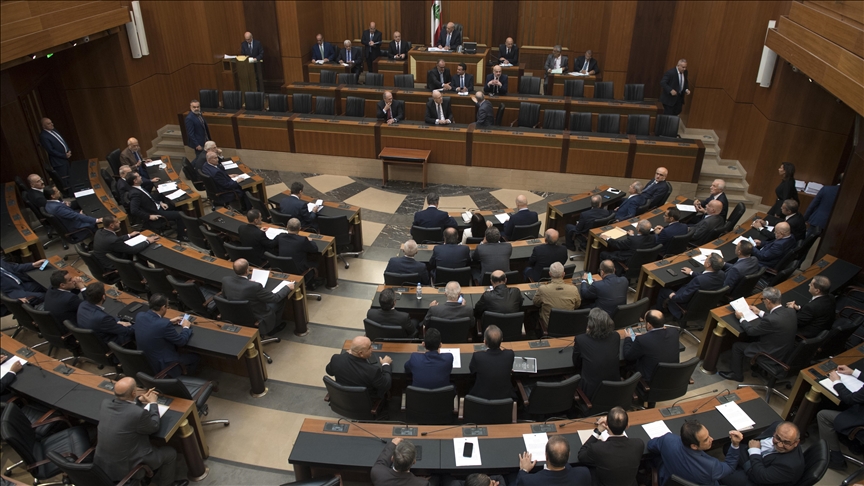WASHINGTON — The Supreme Courtroom narrowed the achieve of a federal computer criminal offense law Thursday, ruling that an individual approved to use a pc program does not violate the law when accessing facts for an improper cause.
The situation included a previous police sergeant in Ga who was made available money to seem up a driver’s license record. A gentleman claimed he’d fork out close to $5,000 for data about the file of a girl he thought may well be an undercover officer.
It turned out to be an FBI sting. After the policeman applied a patrol auto computer terminal to seem up the report, he was arrested and charged with violating the 1986 Personal computer Fraud and Abuse Act. That legislation makes it unlawful “to access a pc and to use this sort of obtain to acquire or alter facts in the laptop or computer that the accesser is not entitled so to receive or alter.”
By a 6-3 vote, the court docket dominated that the law addresses only all those who seem into areas of a computer process that they’re not licensed to accessibility. It does not address folks like the law enforcement officer who “have inappropriate motives for getting the details that is if not offered to them.”
The ruling overturned the police sergeant’s conviction.
“Even although the ruling signifies he was not responsible of violating this regulation, he could have been charged with other crimes, these kinds of as embezzlement or theft,” mentioned Mark Rasch, a previous Justice Section computer system crimes prosecutor. “This regulation was aimed at hacking, and what the police officer did was not hacking,”
The selection was published by Justice Amy Coney Barrett and joined by two of the court’s other conservatives, Neil Gorsuch and Brett Kavanaugh, and its a few additional liberal members, Stephen Breyer, Sonia Sotomayor, and Elena Kagan.
Any other reading of the law, they said, would “connect criminal penalties to a amazing total of commonplace personal computer activity,” this kind of as employing a get the job done computer to mail a non-public e-mail.
Rasch agreed. “The courtroom had a option between two readings of the statute. 1 would have designed the vast majority of people who use the World wide web into criminals. The other would not. It chose the latter.”
Justice Clarence Thomas dissented, in an opinion joined by Main Justice John Roberts and Samuel Alito. They reported the majority’s ruling signifies the law would not apply to a laptop or computer technician who has authority to obtain a celebrity’s laptop to deal with a defective really hard drive and who then copies and leaks pics saved on the computer system.
“Working with a police databases to receive data in circumstances wherever that use is expressly forbidden is a criminal offense,” they mentioned in their dissent.
Andrew Crocker, a senior staff members legal professional at the Digital Frontier Basis, a digital rights nonprofit, praised the court’s final decision.
“EFF has long fought to reform obscure, risky personal computer criminal offense legislation like the CFAA,” Crocker claimed in an emailed assertion. “We’re gratified that the Supreme Court docket acknowledged that overbroad application of the CFAA challenges turning approximately any consumer of the web into a criminal based mostly on arbitrary phrases of support.”
Kevin Collier contributed.






More Stories
Lebanese Parliament Fails 8th Time To Elect New President
The Importance of How You Announce Your Company’s M&A Deal – KJK
What Do We Know About Violent Crime Trends in North Carolina? – North Carolina Criminal LawNorth Carolina Criminal Law